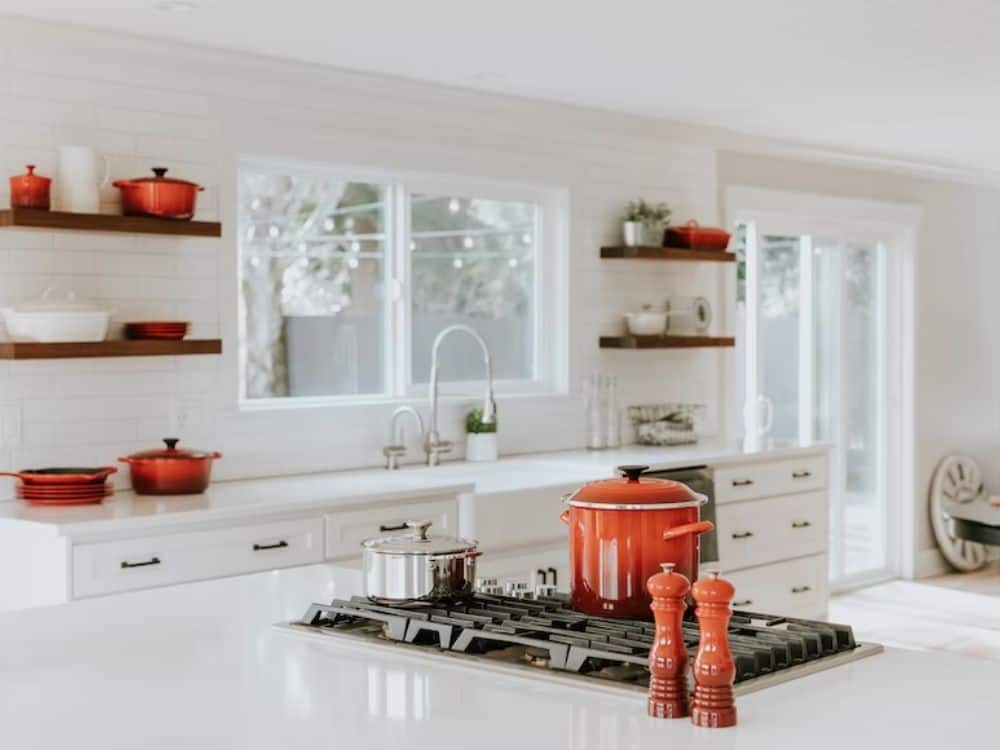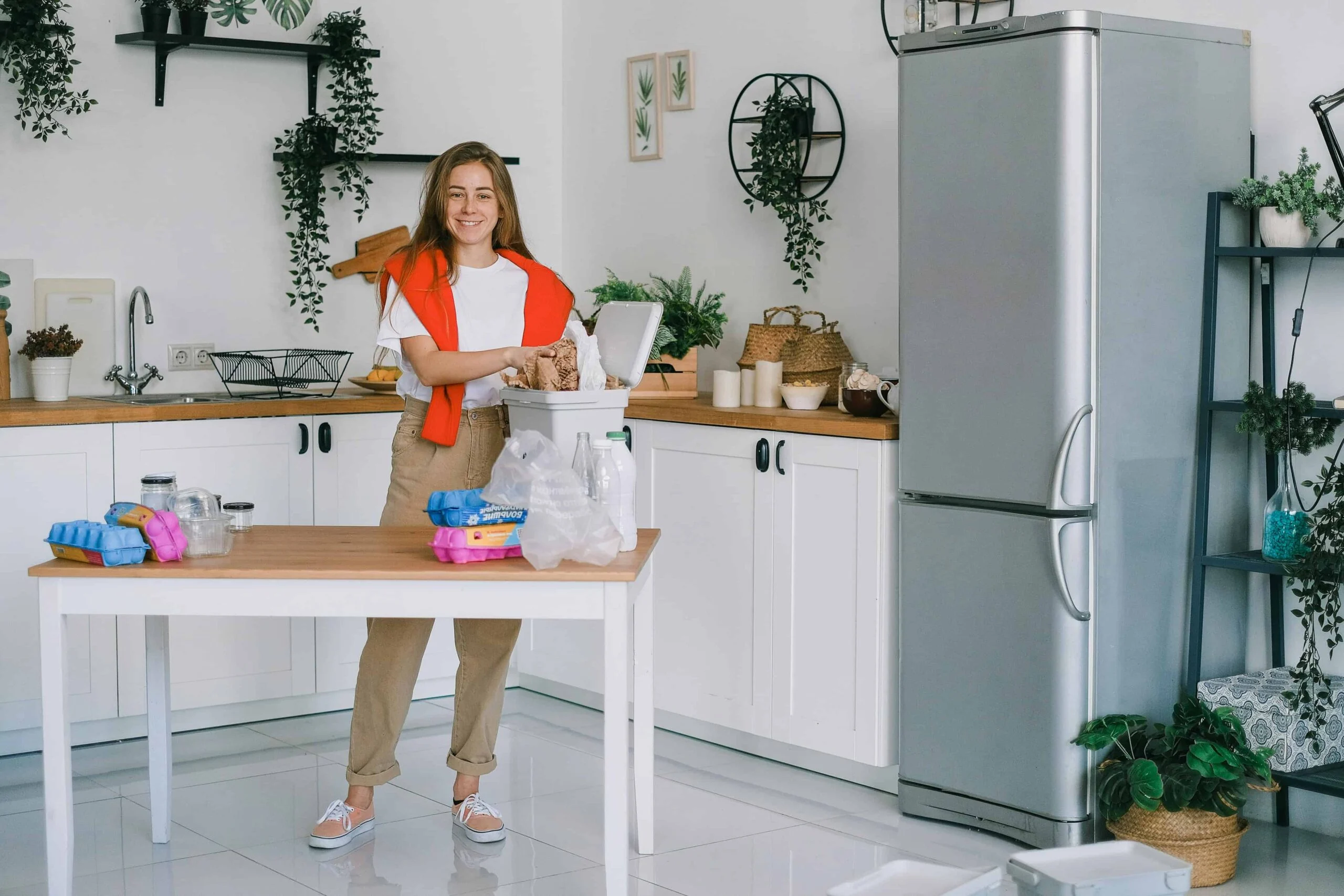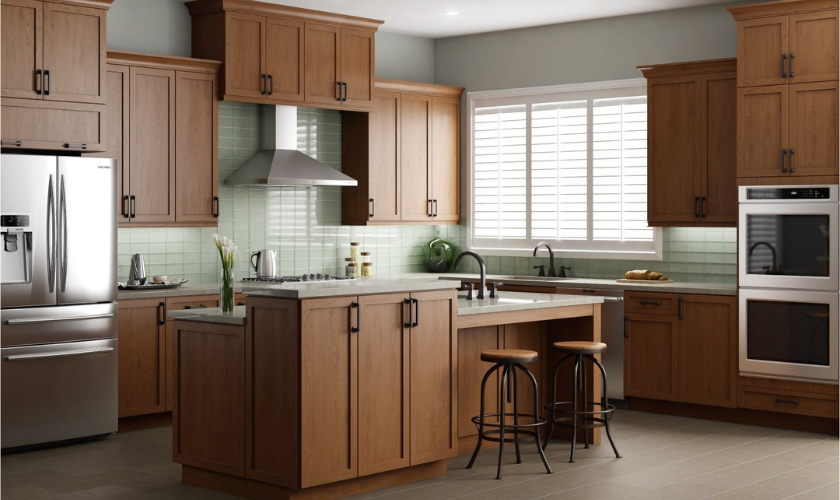Sustainability starts at home, and one of the most impactful places to begin is the kitchen. From packaging waste to food scraps, kitchens are often the largest contributors to household waste. Adopting a zero-waste approach doesn’t require drastic changes overnight—it’s about small, consistent shifts that collectively make a big difference. Much like browsing hidden face dps online, where subtle details capture meaningful impressions, every small step you take in your kitchen can reveal a larger, more impactful story of sustainable living.
Declutter And Rethink What You Need
The journey toward a zero-waste kitchen begins with decluttering. Identify what you actually use and donate or repurpose the rest. Reducing duplicate tools and unnecessary gadgets frees up space and helps you focus on essentials. Decluttering also encourages mindful consumption, ensuring you don’t bring in items that will ultimately go to waste.
Support Local And Bulk Shopping
One of the biggest contributors to kitchen waste is single-use packaging. Buying in bulk and supporting local shops reduces packaging waste while also helping the community. Reusable containers and cloth bags replace plastics and paper bags effectively. Online resources such as make it easier to discover eco-conscious local businesses that align with a zero-waste lifestyle. Shopping intentionally not only benefits your kitchen but also strengthens sustainable practices in your community.
Composting Food Scraps
Even with careful planning, some food waste is inevitable. Composting is an effective way to ensure organic waste returns to the soil rather than ending up in landfills. Compost bins can be as small as a countertop jar or as large as an outdoor compost pile. The end result—a nutrient-rich fertilizer—can be used for plants or gardens. Composting creates a cycle of renewal, turning scraps into something valuable instead of waste.
Bring Emotions Into The Kitchen
Creating a zero-waste kitchen is not just about environmental responsibility—it’s also an emotional journey. Learning to respect food and value every ingredient changes how we cook and eat. This emotional connection can be compared to shayari sad, where deep feelings are expressed with few, impactful words. In the same way, every effort you make to avoid waste carries meaning, reminding you that sustainability is both a personal and collective responsibility.
Make Smart Storage Choices
Food spoilage is a major source of household waste. Investing in airtight containers, beeswax wraps, and glass jars can extend the life of fresh produce and dry goods. Organizing your fridge and pantry to ensure “first in, first out” reduces forgotten or expired items. Proper storage systems make it easier to plan meals, save money, and reduce unnecessary trips to the store.

The Role Of Property Design
Zero-waste practices are easier to maintain when the kitchen layout and design support them. Open shelving encourages visibility of supplies, while compost bins and recycling stations built into cabinetry make sustainable choices effortless. For those building or renovating, considering Property features that integrate eco-friendly design adds long-term value to both the home and the planet. A thoughtfully designed kitchen encourages sustainable habits naturally.
Cook More, Waste Less
Preparing meals at home gives you control over portion sizes, ingredients, and waste. Batch cooking and repurposing leftovers into new dishes minimize food waste significantly. Something as simple as making vegetable stock from peels or using stale bread for croutons demonstrates how creativity reduces waste. Cooking at home also fosters healthier eating and a deeper appreciation for the food you consume.
Dining Out Sustainably
Zero-waste living extends beyond the home. When dining out, choose restaurants that prioritize sustainability through locally sourced menus and minimal packaging. Exploring a restaurant near me search can help identify businesses that align with eco-conscious values. Supporting such establishments not only reduces your environmental footprint but also encourages the growth of sustainable food culture in your community.
Switch To Reusables
Replacing single-use items with durable alternatives is a cornerstone of zero-waste living. Cloth napkins replace paper towels, stainless steel cutlery replaces plastic, and reusable water bottles cut down on disposable cups. These swaps, while small individually, collectively eliminate significant waste over time. Reusables also save money in the long run and create a consistent routine of mindful consumption.
Educate And Involve The Household
Creating a zero-waste kitchen is easier when the whole household participates. Teach children the importance of reducing waste, involve them in composting, or encourage them to pack school lunches in reusable containers. Shared responsibility builds stronger habits and makes the process feel less like a chore and more like a collective effort.
Final Thoughts
A zero-waste kitchen is not built overnight, but through small, consistent actions that reshape habits and values. From composting and reusables to smart storage and sustainable shopping, every choice contributes to a healthier planet and a more mindful way of living.
The psychology of sustainability reminds us that every small change counts. By treating food, packaging, and resources with respect, you transform your kitchen into a hub of conscious living. The reward is not only less waste but also greater connection—to your food, your home, and the environment.


